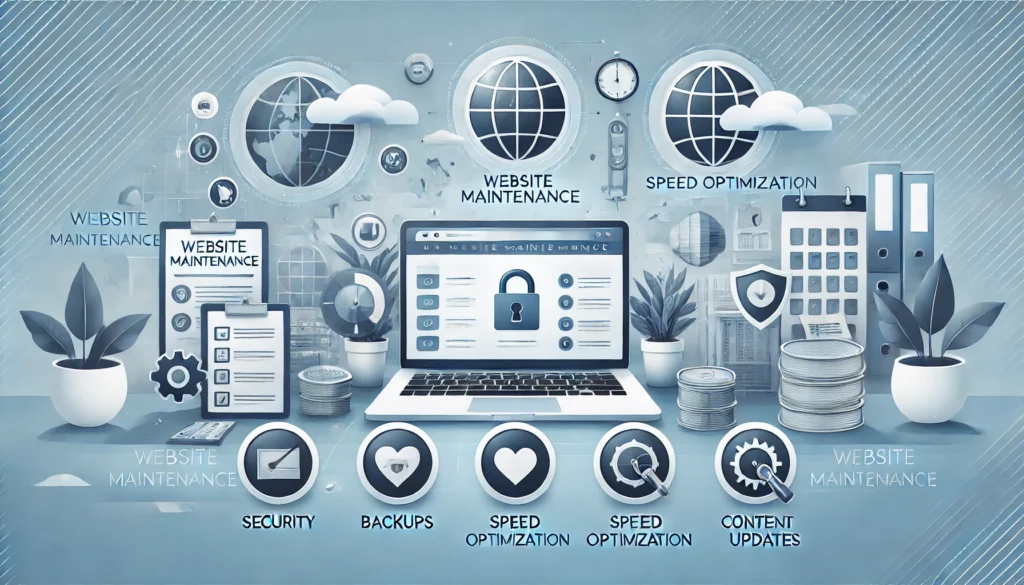Reach Out to Masteredge Get in Touch with Our IT Experts
We Are Here Always

In the digital age, a website serves as the primary point of contact between businesses and customers. Yet, while many people focus on building an aesthetically appealing and user-friendly website, they often overlook the importance of ongoing website maintenance. Regular maintenance ensures your site remains secure, up-to-date, and effective in achieving its purpose. This article provides an in-depth look at essential website maintenance tips that can help keep your site safe, updated, and optimized for the best user experience.
1. Security: Security threats are a growing concern, and websites are constantly targeted by cyberattacks. Regular updates and patches are vital to safeguarding your data and protecting visitors.
2. Improved User Experience: Regular maintenance ensures that your site’s content is accurate, links work, pages load quickly, and visitors have an optimal experience.
3. SEO Optimization: Search engines prioritize websites that are well-maintained, fast, and user-friendly. Proper maintenance helps your website rank higher in search results.
4. Reduced Downtime: By regularly checking your website, you reduce the chances of unexpected downtime, which can affect user trust and conversions.
One of the easiest ways to prevent security vulnerabilities is by keeping your website’s software and plugins up-to-date. Outdated software can leave your site exposed to cyberattacks.
Website speed is crucial for SEO and user experience. Slow-loading pages can frustrate users and lead to higher bounce rates. Regularly check your site’s loading speed and take steps to optimize it.
Backups are a lifesaver if your website is hacked or accidentally deleted. Regular backups ensure that you can quickly restore your website to its former state without losing important data.
Broken links and malfunctioning forms can frustrate visitors and harm your SEO efforts. Regularly test all contact forms, subscription boxes, and links on your site.
With the rise of mobile browsing, a mobile-friendly website is no longer optional. Ensure your website is responsive and provides a seamless experience on smartphones and tablets.
Security scans are essential to identify any vulnerabilities on your website. Regular scans allow you to detect and address security issues before they become a problem.
Search engines favor websites that regularly update their content. Fresh content improves SEO, enhances user engagement, and keeps your audience informed.
Analyzing performance metrics can help you understand user behavior and make informed decisions to improve your site.
An SSL certificate is essential for website security and SEO. It encrypts data and ensures that your site is secure, which builds trust with visitors.
Over time, your website’s database can accumulate unnecessary data, slowing down your site. Regular database optimization ensures fast loading times and improved performance.
Implementing a maintenance schedule ensures consistency and helps you avoid overlooking essential tasks. Here’s a suggested schedule to help you stay on top of website maintenance:
Website maintenance may seem like a time-consuming task, but it’s a critical investment in your website’s long-term health, security, and performance. By implementing these tips and setting up a regular maintenance schedule, you can ensure your website remains secure, functional, and optimized for users and search engines alike. Don’t let your website become outdated or vulnerable—proactive maintenance keeps your digital presence strong, relevant, and successful.
Reach Out to Masteredge Get in Touch with Our IT Experts
We Are Here Always